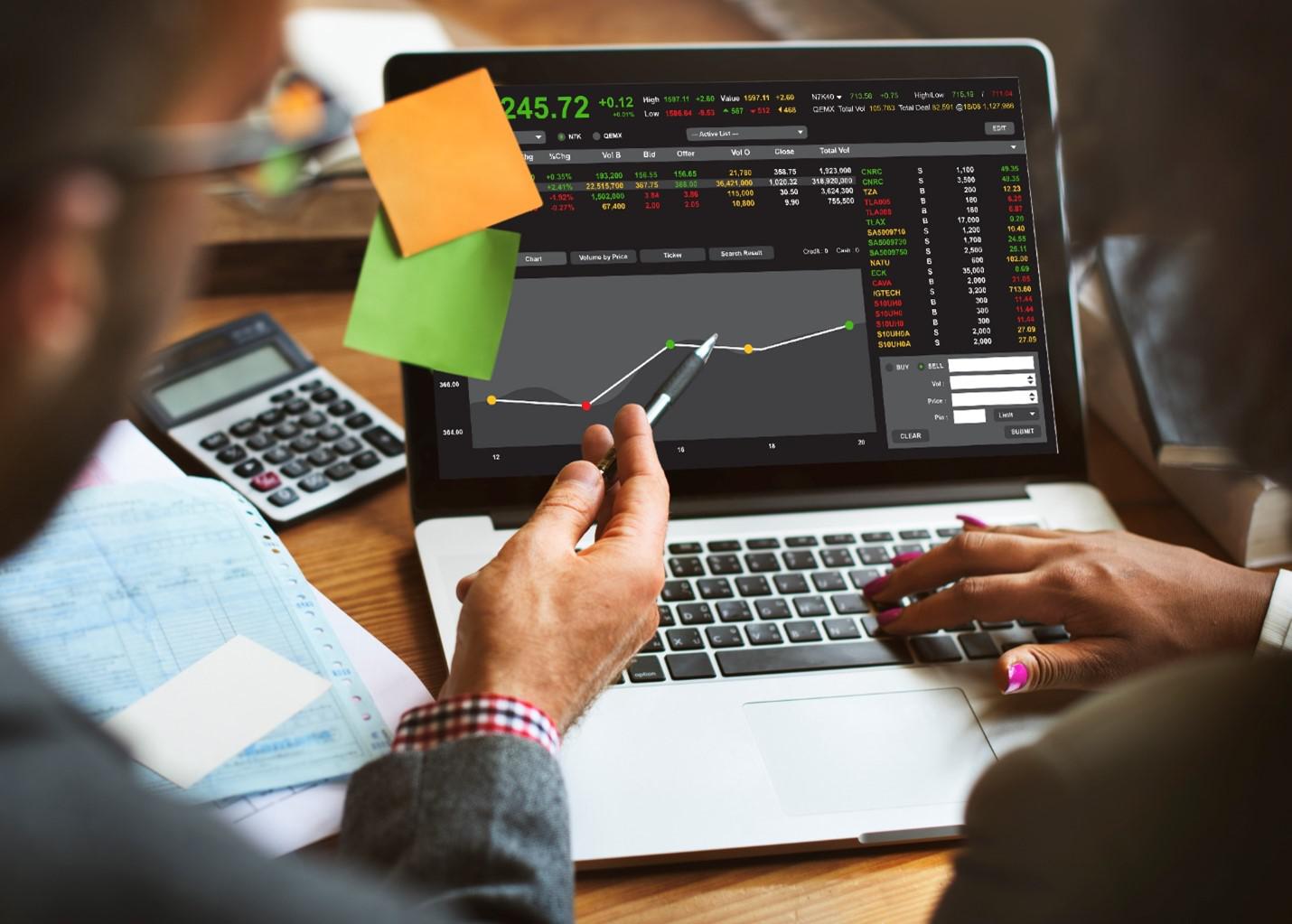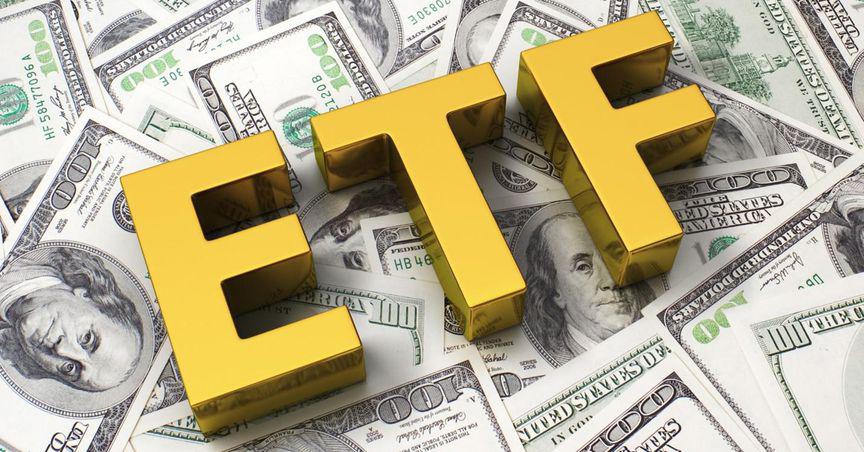Highlights
ETFs are known to offer several benefits at low costs to investors.
ETFs are cheaper than stocks since these attract fewer broker commissions.
The Australian ETF industry has grown by leaps and bounds in the past few years.
Exchange traded funds (ETFs) have always remained in demand among investors as these provide numerous benefits at low costs to investors. You can invest in some of the best global stocks and build a diverse investment portfolio even with limited funds via the ETF route.
These funds are cheaper than stocks since these attract fewer broker commissions. These have provided an alternative way for investors who are hesitant in picking up individual stocks while the sharemarket is volatile. Australia’s ETF industry has grown in size significantly in the last few years.
While there have been funds with exposure to sectors such as cybersecurity, video gaming or banking, green funds have also emerged as a dominant category in the past few years. With nations working towards achieving carbon neutrality by 2050, investors are aggressively shifting their focus towards renewables.
Experts are forecasting a long thematic trend for the renewable sector amid a steady global shift towards renewable energy. Thus, investors can benefit from the long-term structural growth trend by investing in the stock market through ETFs.
Here we look at a few ASX-listed green ETFs.
BetaShares Climate Change Innovation ETF (ASX:ERTH)
BetaShares Climate Change Innovation ETF offers exposure to a diversified portfolio of global firms which are battling climate change.
BetaShares Climate Change Innovation ETF tracks the performance of an index that includes nearly 100 global companies that “derive at least 50% of their revenues from products and services that help to address climate change and other environmental problems through the reduction or avoidance of CO2 emissions.” The big names include Vestas Wind Systems, Infineon Technologies, Tesla, and Samsung.
BetaShares Climate Change Innovation ETF has an annual management fee of 0.65%. It has fallen nearly 19% on a year-to-date (YTD) basis.
ETFS Battery Tech & Lithium ETF (ASX:ACDC)
ETFS Battery Tech & Lithium ETF is into battery technology and lithium mining. According to ETFSecurities, “ETFS Battery Tech & Lithium ETF offers investors exposure to the energy storage and production megatrend, including companies involved in the supply chain and production for battery technology and lithium mining. Demand for energy storage is being driven by movement towards emissions reduction and renewable energy.”
Some of the big names which are part of the portfolio include BYD, Allkem, Mineral Resources, TDK, LG Energy Solution, and Renault. The annual management fee of this ETF is 0.69%. The fund is down nearly 10% so far this year.
VanEck Global Clean Energy ETF (ASX:CLNE)
VanEck Global Clean Energy ETF tracks the S&P Global Clean Energy Select Index. It measures the performance of the 30 largest and most liquid firms focused on dealing in clean energy.
According to CLNE, “CLNE gives investors a diversified portfolio of 30 of the largest and most liquid companies involved in clean energy production and associated technology and equipment globally. CLNE aims to provide investment returns before fees and other costs which track the performance of the Index.”
Enphase Energy, Brookfield Renewable, and SolarEdge Technologies, are a few firms which are a part of the fund. The fund has gained over 9% on a year-to-date (YTD) basis.
ETFs vs stocks
Stock markets provide a way to investors to boost their investments by investing in different instruments. However, investors should be aware of the fact that the sharemarket can be volatile at times and hence, should be dealt with caution. There are times when even high-flying stocks end up as duds.
There are several ways using which, investors can invest in stock markets. Either they can invest directly into stocks or purchase ETFs.
While ETFs hold some similarities to mutual funds, these are purchased and sold throughout the day on stock exchanges, unlike mutual funds which are purchased and sold based on their price at the end of the day.
In case you are uncertain whether to invest in shares or ETFs, here are a few points to look at:
Research
Shares require more in-depth research as investors need to be completely sure about the quality of stocks being included in their investment portfolio because returns depend on stock selection to a large extent. However, investors automatically invest in all the stocks included in a portfolio by just investing in an ETF. Hence, shares are more research-oriented than ETFs.
Flexibility
Investing directly into individual stocks provides complete control over stock investment, while ETFs may work fine if a highly personalised portfolio isn't at the top of the priority list.

Source: © Rawpixelimages | Megapixl.com
With individual stocks, you are free to sell them anytime down the line or rebalance your portfolio. However, it’s not that flexible with ETFs since someone else is managing the fund for you. So, individual stocks provide a high level of flexibility to investors compared to ETFs.
Meanwhile, investors need to regularly invest in an ETF, without thinking about it for a long time. The fund is capable enough to take care of the rest.
On the other hand, individual stocks require detailed research, as already discussed. You need to be relatively active when dealing with stocks so that they don’t lose their worth over time. Holding stocks for the long term is critical for building wealth.
Note: - You should consult your financial planner or do extensive research before investing in stocks or ETFs since the sharemarket is prone to volatility.




